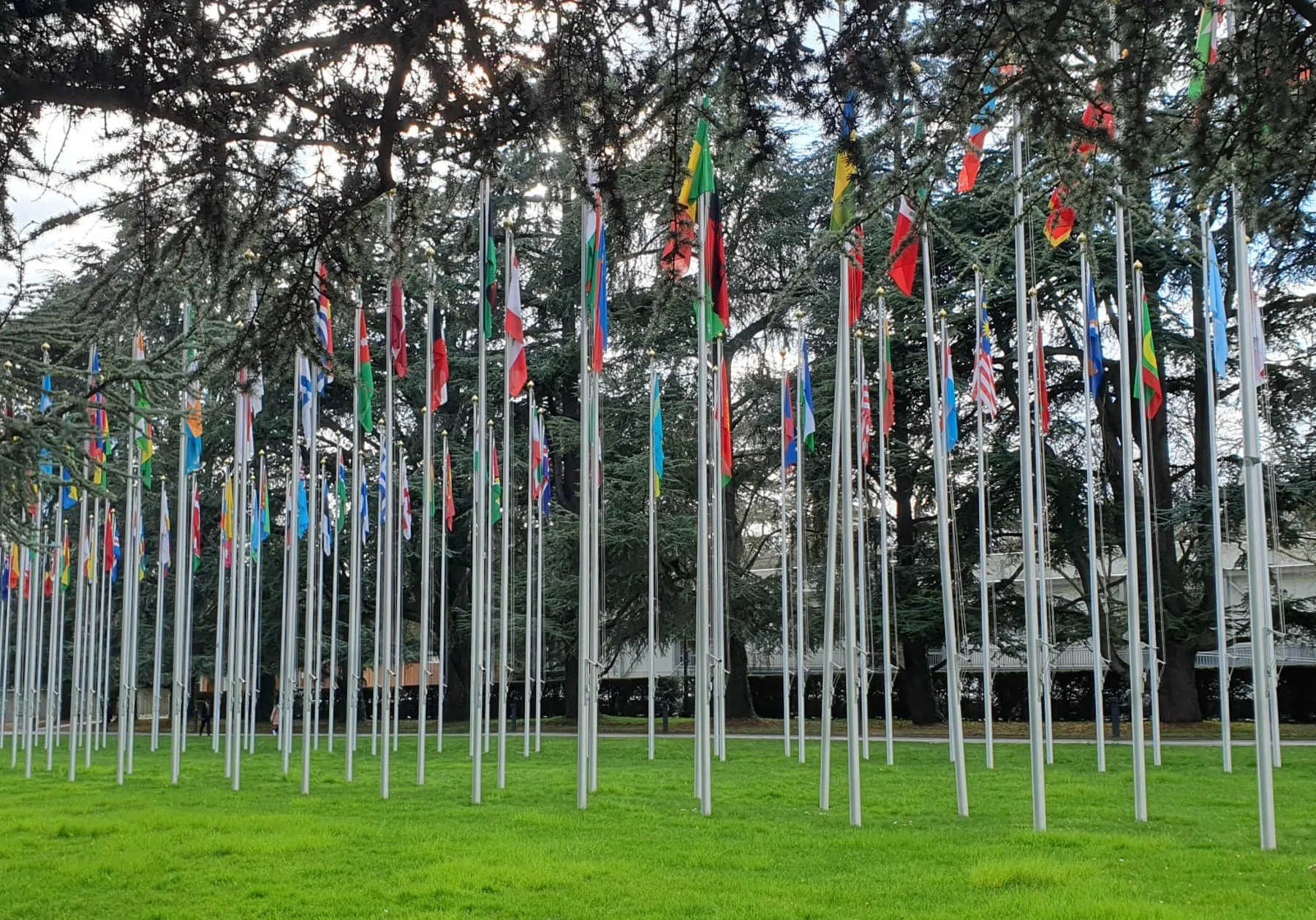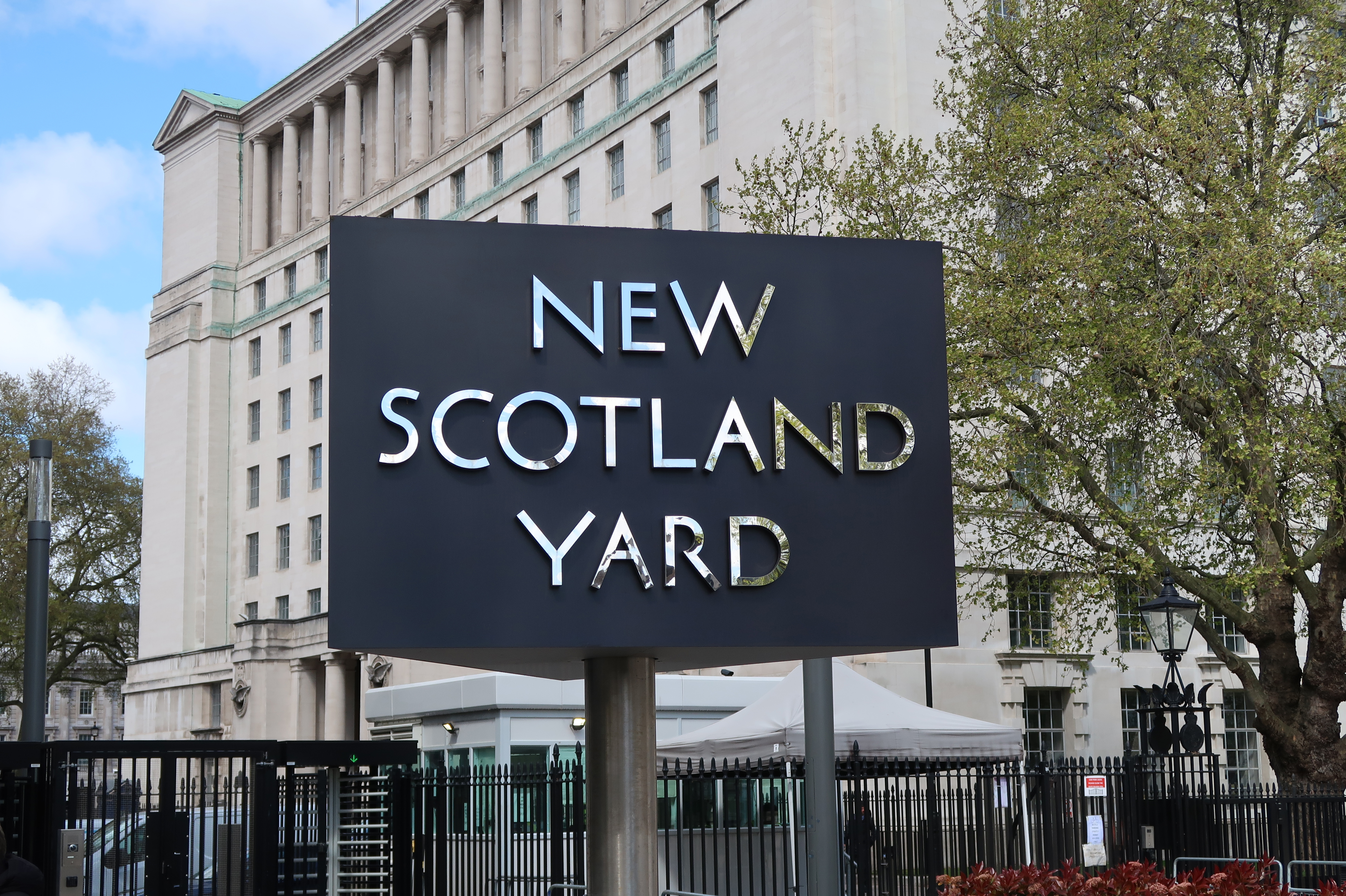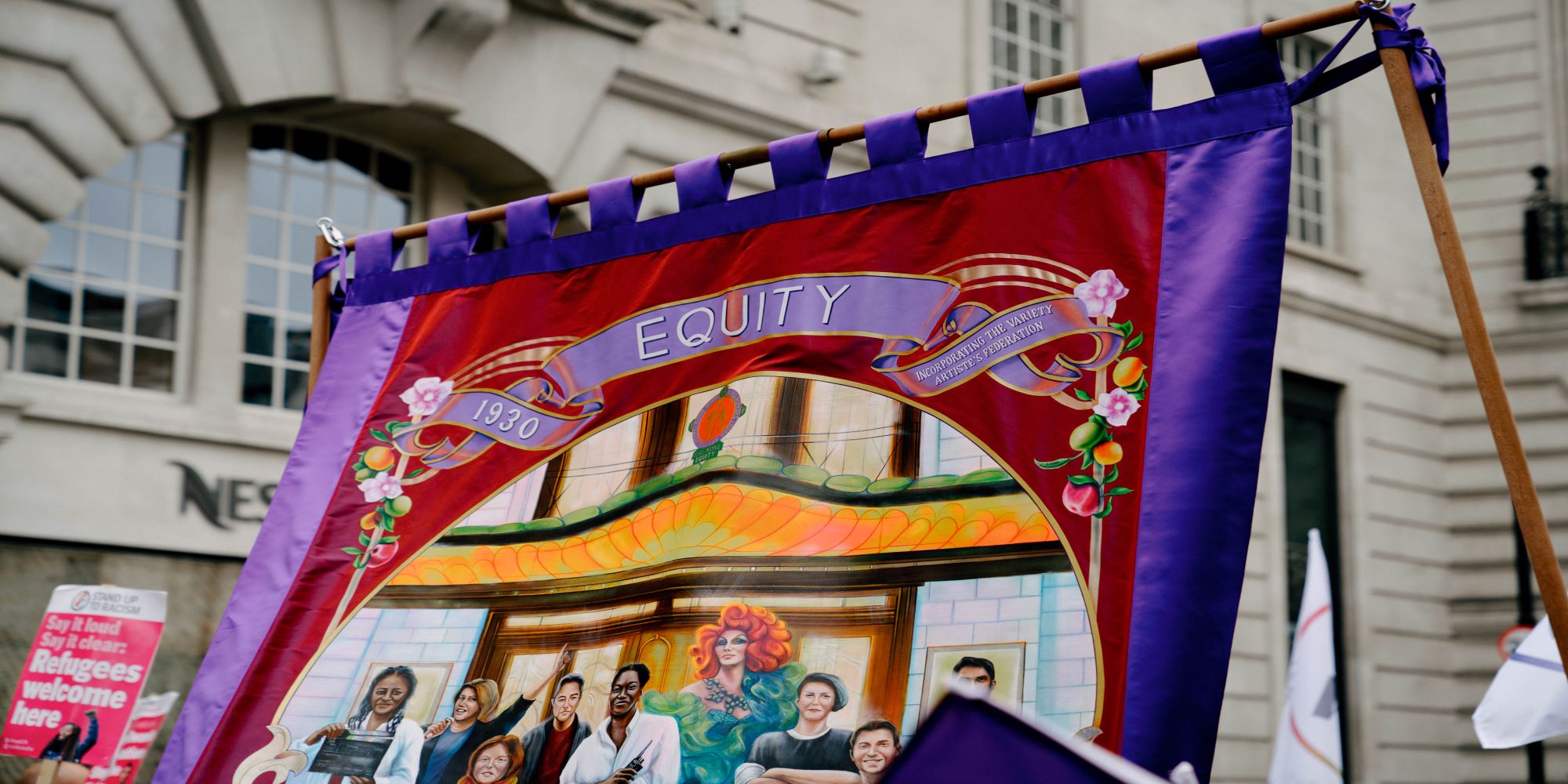Earlier this year Equity member Natalie Amber and Emma Cotton, Social Security and Tax Officer, gave evidence to the UN’s Committee on the Rights of Disabled People on the impact of welfare reform on disabled people in the UK. The resulting report, made public late yesterday, is damning of the UK government, finding that the UK has ‘failed to take all appropriate measures to address grave and systematic violations of the human rights of persons with disabilities and has failed to eliminate the root causes of inequality and discrimination.’
The UN have now published their report. They find that the UK ‘has failed to take all appropriate measures to address grave and systematic violations of the human rights of persons with disabilities and has failed to eliminate the root causes of inequality and discrimination’.
Ill-thought through cuts, particularly as a result of welfare reform, are making it impossible to work in the creative industries unless you have independent wealth. This is directly and negatively impacting who we see on our stages and screens.
Natalie Amber, Co-chair, Equity Deaf and Disabled Members Committee
‘Grave and systematic violations’ since 2010
In 2009 the UK Government signed up to the United Nations Convention on the Rights of Disabled People (UNCRDP)*. By following the UNCRDP, the UK has agreed to protect and promote the human rights of disabled people, including the right to independent living (article 19), employment (art. 27) and social security (art. 28).
The Convention requires that periodic reviews are undertaken to ensure that the UK government is meeting its obligations under the convention.
In 2016, the UK was investigated under the Optional Protocol of the UN CRPD following a formal, co-ordinated request from several Deaf and Disabled Peoples led Organisations (DDPOs) across the UK. This was an unprecedented step taken due to the extent of regression of disabled peoples rights since 2010 as a result of welfare reform and cuts.
The UNCRDP found that ‘grave and systematic violations’ of disabled persons rights had taken place since 2010 and that welfare reform had “disproportionally and adversely” affected the rights of people with disabilities. The UK government did not accept the UN findings. A summary of the subsequent periodic reviews and government responses can be found here.
*We refer to the convention as the Convention on the Rights of Disabled People (CRDP) rather than the given name - Convention on the Rights of People with Disabilities (CRPD) - as we follow the social model of disability. The convention allows us to do this.
Latest periodic review
The latest periodic review started in 2023. This time, the UK coalition of Deaf and Disabled Organisations included both disabled activists from trade unions and relatives of benefit death claimants in its report, showing how things have gotten even worse since the 2016 special investigation, including a steep rise in benefit cut related deaths.
In March 2024, Equity shared evidence with the UNCRPD committee.
Natalie Amber, Co-Chair of our Deaf and Disabled Members Committee described the difficulties she experiences as a working disabled person:
"As well as battles at work to be valued as an equal, I face constant battles to receive social security payments as essential additional income, personal assistance and appropriate housing. All are subject to continual dehumanising assessments and reassessments. There is no stability, which has a negative impact on my ability to work."
In particular, she called out the inaccessibility of the Access to Work (AtW) scheme – a government funded scheme that is meant to provide help towards the costs of accessing work for disabled people:
"My experience as a working person is that AtW is impossible to access. In order to claim in its current state, I would need additional administrative support in order to make applications, and access to independent advice to make sure the decisions were correct and/or challenged as needed."
"The impact this has on my mental health as well as physical is huge, and constantly makes me question why I am working, especially if I end up losing 80% of my wage on my support needs."
For every £1 spent on AtW the exchequer recoups £1.48. Currently the waiting list for AtW stands at nearly 30,000 people.
Emma Cotton, Social Security and Tax Officer at Equity also provided technical evidence on how successive cuts to social security have made it impossible for Equity members to obtain effective support both in and out of work:
"Working in social security advice under welfare reform has been to watch a disaster unfold. I am now seeing cliff edges that cannot be mitigated. The removal of the safety net will dictate who we see on our stages and screens and the entertainment industry will only be an option for those with independent wealth."
The UK Government were questioned by the UNCRPD committee in an open session on 18 March 2024, a recording of which can be found here. The UK were asked detailed questions on various issues including increasing rates of institutionalisation, deterioration in social care, the trauma inducing nature of social security assessments and benefit cut related deaths. A full transcript of questions can be found here.
Report outcome
Time and again the United Nations have found that the UK government is violating convention rights and this time is no different, finding that the UK has ‘failed to take all appropriate measures to address grave and systematic violations of the human rights of persons with disabilities and has failed to eliminate the root causes of inequality and discrimination.’
The report refers to complaints upheld against the Department of Work and Pensions for ‘stirring up hostility’ against benefit claimants, as well as ‘misleading and inaccurate’ articles in the press that give ‘a false impression about eligibility and generosity’ of the UK social security system:
"There is a pervasive framework and rhetoric that devalues disabled people and undermines their human dignity. Reforms within social welfare benefits are premised on a notion that disabled people are undeserving and wilfully avoiding employment (“skiving off”) and defrauding the system."
It also states that it is ‘appalled’ by reports of benefit cut related deaths:
"The evidence received revealed a disturbingly consistent theme: disabled people resorting to suicide following the denial of an adequate standard of living and social protection, starkly contradicting the foundational principles enshrined in the Convention. In addition to numerous personal accounts concerning benefit deaths, a research study shared with the Committee indicated a correlation between the government's initiative to reevaluate incapacity benefits through the Work Capability Assessment (WCA) and an estimated six hundred suicides over a span of three years."
The report concludes that there has been no significant progress with independent living rights and active regression in relation to work and social security rights, recommending urgent measures be taken in relation to improvements in these areas.
"The UNCRDP committee report validates our deaf and disabled members’ experience of the regression of rights for disabled people since 2010, particularly in the areas of independent living, access to work and social security rights."
"We hope that the UN report will stop the UK government’s relentless pursuit of cutting the rights of disabled people and mark a sea change in their or any future governments approach in this area. Fundamental structural changes are desperately needed and they must be led by Deaf and Disabled People. The scapegoating must stop."
Paul Fleming, General Secretary, Equity
We welcome the recommendations of the report and thank the committee for taking into account the lived experiences of Equity’s Deaf and Disabled members and our longstanding Social Security Advice Team. A special mention must be made to the UK coalition of Deaf and Disabled People’s Organisations who co-ordinated the response to the UNCRDP committee and kindly included us in this vital work.
Emma Cotton, Equity Social Security and Tax Officer
Where do we go from here?
The Prime Minister’s recent statement on further cuts shows that the fight to defend social security rights is far from over.
The UK Government are continuing to cut support for disabled people despite the UN’s recommendations.
In the run up to the local and general elections we urge members fight back:
- Sign this petition asking the government to drop dangerous and unfair reforms to social security commonly claimed by Equity members facing ill health.
- Sign this petition demanding that the UNCRDP is incorporated into UK law.
- Ask your local MP to support the Disabled People's Manifesto
We will continue to keep members updated on developments and future campaigning in this area.
Need advice on social security?
If you need advice on your social security rights, contact Equity’s Social Security and Tax Advice service. Check out our online advice resources.
You can call the Social Security and Tax Advice helpline on 0207 670 0223 (Monday and Thursday 10am-1pm and 2-5pm) or email helpline@equity.org.uk.
Social security, tax and financial support
Advice on Social Security (otherwise known as ‘welfare benefits’), tax, National Insurance and other sources of financial support.




